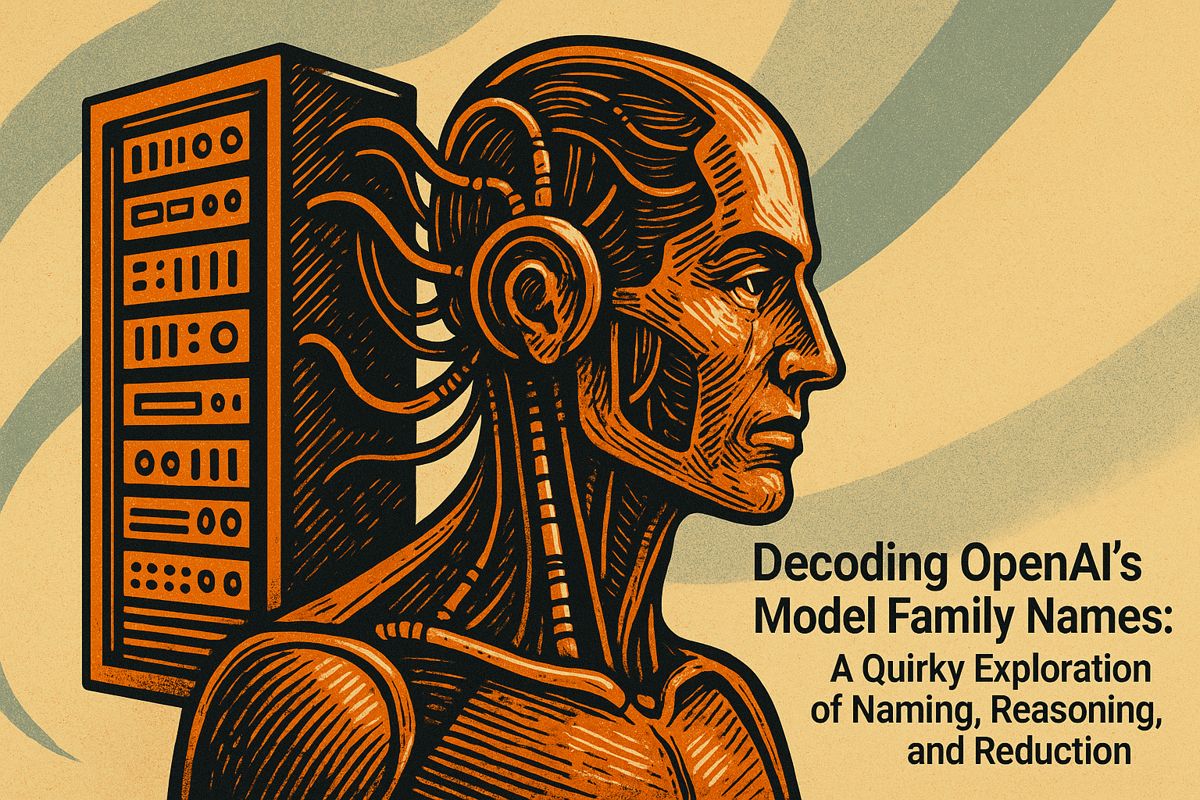The Model Context Protocol (MCP) is a new open standard that lets any AI model quickly connect to real-world data and tools without needing custom code. Launched by Anthropic in late 2024, MCP works like a universal power socket, making it easy for AI apps to swap between tools and data sources as simple as Lego bricks. Big tech companies like Microsoft, Google, and OpenAI now support MCP, and hundreds of ready-made connectors are already available. Security is built deeply into MCP, protecting against hacking and misuse. This protocol makes it much faster and safer for businesses to use AI with their own systems and data.
What is the Model Context Protocol (MCP) and why is it important for AI integration?
The Model Context Protocol (MCP) is an open standard that enables any AI model to instantly connect to real-world data, APIs, and tools without custom integration code. MCP simplifies enterprise AI integration, accelerates ecosystem growth, and includes robust security features.
The AI industry just got its first universal power socket. In November 2024 Anthropic released the Model Context Protocol (MCP) – an open standard that lets any AI model plug straight into real-world data and tools without writing a single line of custom integration code.
What MCP actually does
| Component | Role in the stack | What changes for developers |
|---|---|---|
| MCP Server | Wrapper around a data source, API or file system | One server = one reusable connector |
| MCP Client | Lives inside the AI model or app | Identical interface for every tool |
| *Host * | Your AI application (Claude Desktop, VS Code, etc) | Swaps tools like Lego bricks |
Instead of an N×M explosion of one-off connectors, teams now build or reuse one MCP server and every compatible model can use it instantly.
Fastest-growing tool ecosystem in AI
- <1 month after launch Microsoft, Google DeepMind and OpenAI announced native support for MCP in their model families (source)
- *>400 * ready-made MCP servers already listed in public marketplaces such as Smithery and Glama as of August 2025 (source)
- *Zero * lines of glue code needed to connect Claude to a Postgres database, Slack workspace or private REST API once the matching MCP server is installed
Security built-in, not bolted-on
Recent protocol updates added:
|————————–|—————————————-|
| Prompt injection | Structured tool output + validation |
| Token theft | OAuth 2.0 Resource Server mode |
| Tool impersonation | Mandatory server identity headers |
| Lateral network movement | Bind-to-localhost default |
Real usage patterns emerging
- Zed* * and Sourcegraph* * developers now spin up AI pair-programmers that can read internal docs, query Jira and push commits through a single MCP workflow (source)
Adoption curve
- Late 2024: Anthropic ships reference implementation
- Q1 2025: OpenAI adds MCP to Assistants API
- Q2 2025: Google confirms Gemini support; Red Hat calls MCP “the missing link in AI integration” (source)
- Aug 2025: Cloudflare Workers and AWS Lambda roll out one-click MCP server deployment templates
The protocol turns every database, SaaS product and internal micro-service into a first-class citizen in the agentic AI era – no extra adapters required.
What exactly is the Model Context Protocol (MCP) and why does it matter to enterprise IT teams?
The Model Context Protocol is an open, model-agnostic standard that lets any AI model (Claude, GPT-4, Gemini, open-source LLMs) talk to any data source without writing new glue code every time. Instead of one-off integrations, IT teams drop in an MCP server that exposes Slack, Salesforce, Snowflake, Confluence, internal APIs, or even legacy mainframes in a universal JSON-RPC format. Anthropic’s roadmap calls it the “USB-C port for AI” and claims it already cuts connector development time by 70 % based on early adopter surveys[^3].
Who has already adopted MCP in production?
As of August 2025, every major AI provider has committed:
- OpenAI supports MCP across all GPT-4 turbo variants
- Google DeepMind announced Gemini-1.6 integration
- Microsoft Copilot uses MCP for third-party plug-ins
- Enterprise adopters include Block (fka Square), Apollo, and Replit, plus developer tools like Zed, Sourcegraph, and Codeium[^2][^5].
A GitHub query in July 2025 finds 2,300+ open-source MCP servers already published, double the count from January 2025.
What are the biggest security concerns right now?
Two critical CVEs surfaced in Q2 2025:
- CVE-2025-49596 (CVSS 9.4) – Remote code execution in Anthropic’s own MCP Inspector; patched within 24 hours[^1].
- NeighborJack – Mis-configured servers bind to 0.0.0.0, exposing internal APIs to local networks[^2].
The latest spec (v2025.06) addresses these with OAuth 2.0 Resource Server mode, token binding, and structured tool output schemas that reduce prompt-injection surface[^8]. Anthropic’s advice: never expose MCP servers on public IPs and always run them as least-privilege containers.
How does MCP change the day-to-day work of AI engineers?
Engineering teams report three concrete shifts:
- Zero glue-code sprints – A typical Slack-to-Snowflake connector dropped from 5 dev-days to 0.5 days.
- Plug-and-play benchmarks – Swapping vector DBs (Pinecone → Weaviate) happens in <10 minutes.
- Scalable ops – One SRE can now maintain 50+ MCP servers using Smithery’s declarative Helm charts, compared to ~8 custom micro-services before.
What should CIOs budget for in their next 12-month AI roadmap?
Minimum viable plan:
- $0 to pilot – use open-source MCP servers and Claude’s free tier
- $5–15 k – secure, containerized MCP fleet on Kubernetes with SSO/OAuth
- $50–250 k – enterprise marketplace subscription (Smithery Pro or equivalent) for governance, audit logs, and SLA-backed connectors
Early adopters show 4.2× faster AI feature velocity and 30 % lower integration OPEX after the first quarter of MCP usage[^5].



















